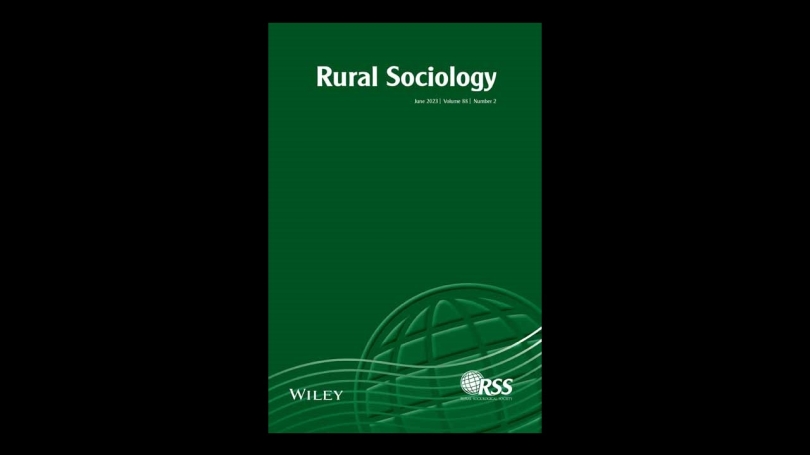
- Undergraduate
- Exchange Program
- Research
- Equity
- News & Events
- People
- Contact us
Back to Top Nav
Back to Top Nav
Back to Top Nav
Misrecognition and Well-being in Culturally White Northern New England☆
Rural America is undergoing a demographic transition, as the white population decline is matched by a growing movement of racialized minorities into small towns. In the current study, I examine processes of belonging among middle-class racialized minorities living in predominantly white and rural Northern New England. Through an analysis of in-depth interviews with n = 58 individuals of color, I show how "misrecognition," or the processes through which community members fail to affirm the humanity of others, can lead to diminished well-being. I elaborate a novel conceptual model linking a stigmatizing cultural context (chilly social climate; ignorance and racism) with misrecognition (social distancing; having to prove oneself) and well-being (unease; weariness). The study's main contribution is the generation of theory regarding symbolic boundary processes that undergird racialized minority residents' negotiation of the right to belong in a rapidly changing rural America.